Introduction
Parrots are intelligent and delicate pets, and require special care, especially when it comes to health. Knowing how to feed parrot medicine effectively and safely is essential for any parrot owner, as parrots may need medication for various health concerns.
From treating common colds and digestive issues to more severe infections, understanding the proper methods to administer medicine can prevent stress for both the bird and the owner.
This guide explains trusted techniques for giving medication to parrots, tips on using water or treats to help them take medicine, and natural remedies for common issues.
How to Feed Parrot Medicine
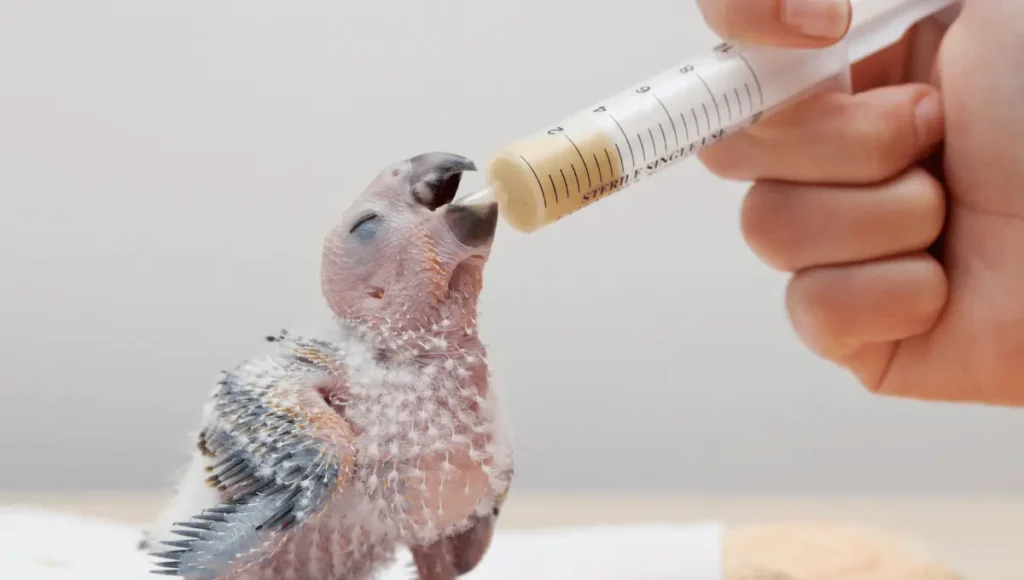
Understanding Parrot Medication Needs
Before administering any medication to a parrot, it’s essential to understand why the medicine is needed. Consulting with an avian veterinarian is crucial, as they provide tailored advice based on the bird’s condition.
Common reasons parrots require medication include infections, digestive problems, and respiratory issues. Familiarity with medication types—such as antibiotics, antivirals, and digestive aids—can make the process more manageable.
A well-prepared environment is essential when feeding a parrot medicine. Parrots are sensitive to stress, and a calm setting can ease the process. Have tools ready, such as droppers or syringes, to help administer liquid medications.
By understanding the medicine and creating a soothing environment, pet owners can significantly reduce the difficulty of giving their parrots medication.
Types of Parrot Medications
Parrot Medicine for Cold
Colds in parrots often display symptoms like sneezing, nasal discharge, and decreased energy. For minor colds, a veterinarian may recommend specific medicines that are safe for parrots.
These medications typically aim to boost the immune system, manage nasal congestion, or reduce fever. While medicating for a cold, it’s important to avoid over-the-counter medicines not explicitly approved for birds, as they can be harmful.
Keeping the parrot warm and hydrated can support recovery. A clean cage and an environment free from drafts are also helpful for a sick bird. Using a humidifier nearby can help keep nasal passages clear, making it easier for parrots to breathe as they heal.
Homemade Parrot Medicine for Cold
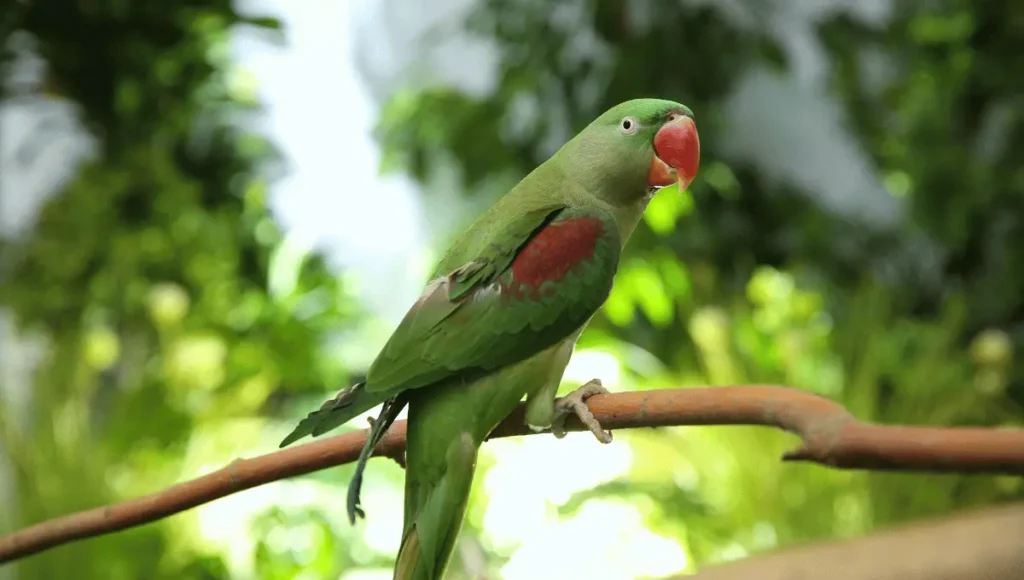
For minor cold symptoms, certain natural remedies can help support a parrot’s recovery. Homemade solutions, like adding a drop of honey to warm water, can soothe a parrot’s throat and offer some relief. However, it’s essential to consult a veterinarian to ensure these remedies are safe for the bird’s specific condition.
Simple Homemade Remedies:
- Honey Water: Mix a small amount of honey in warm water.
- Steam Treatment: Place the parrot in a steamy bathroom to relieve congestion.
- Ginger Water: A tiny amount of ginger boiled in water may offer respiratory benefits.
Homemade remedies should be used cautiously and under professional guidance. They can serve as mild support but should never replace prescribed medication when a bird has a more severe illness.
Parrot Medicine for Infection
Infections can occur due to bacteria, viruses, or fungi, manifesting in symptoms like swelling, lethargy, and loss of appetite. When it comes to treating infections, veterinarians often prescribe antibiotics or antifungal medications. Ensuring the bird completes the entire course of medication, even if symptoms improve, is crucial to prevent recurrence.
Keeping the cage clean, monitoring the bird’s environment, and regular vet checkups can help reduce infection risks. For specific infections, veterinarians may suggest topical applications or oral medications, depending on the infection’s type and severity.
Parrot Medicine for Digestion
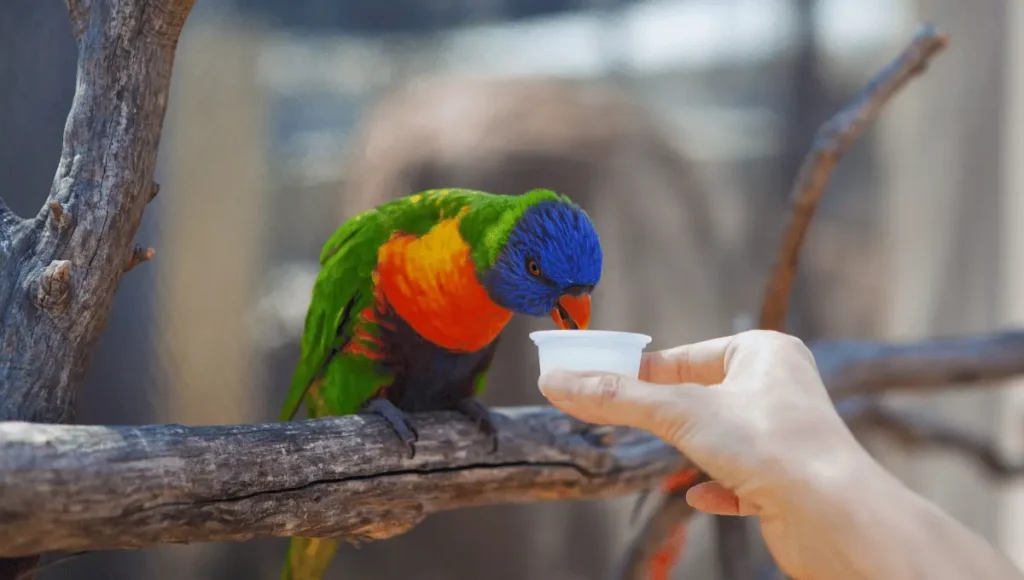
Digestive issues in parrots may arise from diet changes, stress, or infections. Symptoms like diarrhea, loss of appetite, or unusual droppings could indicate digestive problems. Probiotics are often recommended for parrots with digestive issues, helping to restore healthy gut flora and improve digestion.
Digestive medicines for parrots are typically safe and can be mixed with water or given directly with a dropper. In addition to medicine, providing a balanced diet of fresh fruits, vegetables, and seeds helps support digestion. Avoiding fatty or highly processed foods is beneficial in keeping a parrot’s digestive system healthy.
How to Feed Parrot Medicine Effectively
How to Feed Parrot Medicine with Water
Mixing medicine with water is one of the easiest methods for liquid medications. When using water, it’s crucial to ensure the parrot drinks the entire amount to get the full dose. A dropper or syringe is helpful for administering water-mixed medicine directly into the bird’s mouth, making sure the medicine doesn’t dilute in the water bowl and become ineffective.
Steps to Administer Medicine with Water:
- Prepare the exact dose as prescribed by the vet.
- Mix with a small amount of water to avoid dilution.
- Gently hold the parrot and use a dropper to place the mixture in its beak.
- Monitor to ensure the bird swallows the medicine completely.
Using water for medication delivery works well if the bird is calm and cooperative, making it a stress-free method for both the bird and the owner.
How to Feed Parrot Medicine at Home
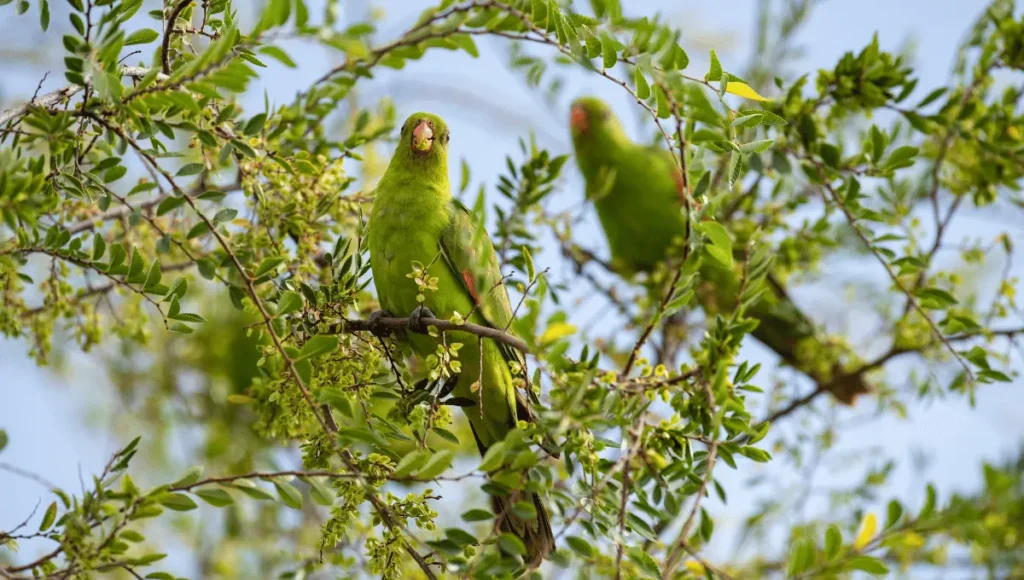
Feeding a parrot medicine at home requires a safe and controlled environment. Creating a stress-free space with minimal distractions can make the process smoother. Holding the parrot gently and speaking calmly helps build trust, especially if the bird isn’t used to being handled closely.
Using a syringe, dropper, or even small treats can be effective. For birds unaccustomed to medication, try placing the medication in a favored treat like a slice of fruit. This technique often reduces resistance and makes the process feel less forced.
How to Get Parrot to Take Medicine
Training and positive reinforcement are invaluable for getting a parrot to accept medicine without fuss. Practicing by offering treats after each dose helps the parrot associate medicine time with positive rewards.
Encouraging behaviors like approaching a hand or holding still are small but impactful steps in making future medicine sessions easier.
Tips to Help Your Parrot Take Medicine:
- Use familiar phrases or gentle tones to create comfort.
- Introduce medication tools (like syringes) in advance to reduce fear.
- Reward with a small treat or praise after each successful dose.
Gradual exposure to medicine tools and rewarding cooperation can establish a trusting relationship, making future doses less challenging.
Parrot Medicine Quick Reference Guide
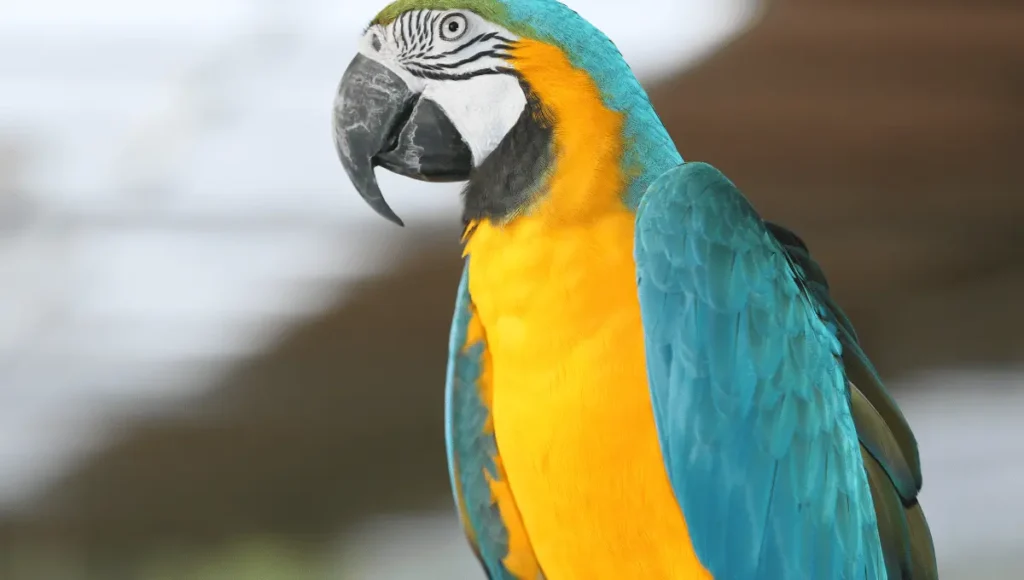
| Condition | Symptoms | Recommended Method | Notes |
| Cold | Sneezing, nasal discharge | Liquid medicine via syringe | Keep warm and hydrated |
| Infection | Swelling, lethargy | Oral antibiotics or antifungals | Complete full course of medication |
| Digestion Issues | Diarrhea, loss of appetite | Probiotics or digestive aids | Avoid fatty foods, monitor your diet |
| Respiratory Illness | Breathing difficulty, coughing | Liquid or steam therapy | Use vet-approved medications |
Conclusion
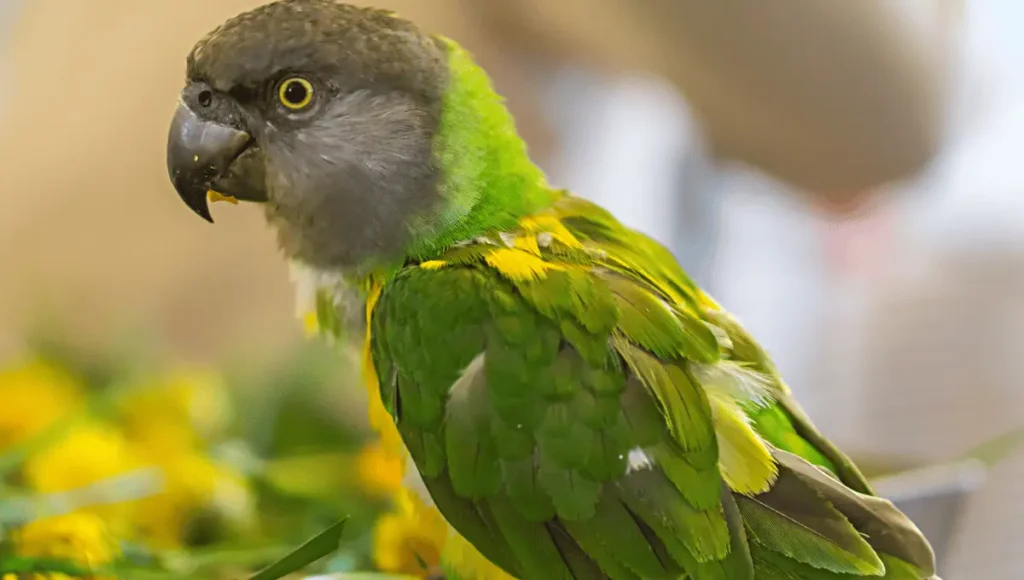
Knowing how to feed parrot medicine is essential for every parrot owner. With careful planning, a calm approach, and the right methods, administering medication to parrots can be a manageable task that ensures the health and well-being of the bird.
By following veterinarian guidance and using gentle techniques, owners can help their parrots recover from illnesses and maintain a healthy, happy life.
FAQs
How can I make it easier to give medicine to my parrot?
To make it easier, create a calm environment, use familiar phrases, and gently hold your parrot. Using positive reinforcement, like offering a small treat after each dose, helps the parrot become more comfortable with the process over time.
What’s the best way to give liquid medicine to a parrot?
The most effective way to give liquid medicine is with a dropper or syringe. Mix the medicine with a small amount of water if instructed by your vet, and gently release it into the parrot’s beak. Avoid putting the medicine in a water bowl, as it may dilute and reduce its effectiveness.
Are homemade remedies safe for a parrot’s cold?
Some homemade remedies, like honey water or steam therapy, can be soothing for a mild cold. However, always consult a veterinarian before trying any remedy to ensure it’s safe and effective for your specific bird’s needs.
What should I do if my parrot refuses to take medicine?
If your parrot refuses medicine, try mixing it with a favorite treat or a small amount of fruit juice (if approved by the vet). Training your parrot gradually to accept medication tools and giving rewards after each attempt can also improve cooperation over time.
How do I know if my parrot’s medication is working?
Watch for signs of improvement, such as increased energy, normal appetite, and reduced symptoms. Keep track of any changes and follow up with your vet if symptoms persist or worsen, as they can provide further guidance or adjust the treatment plan if needed.